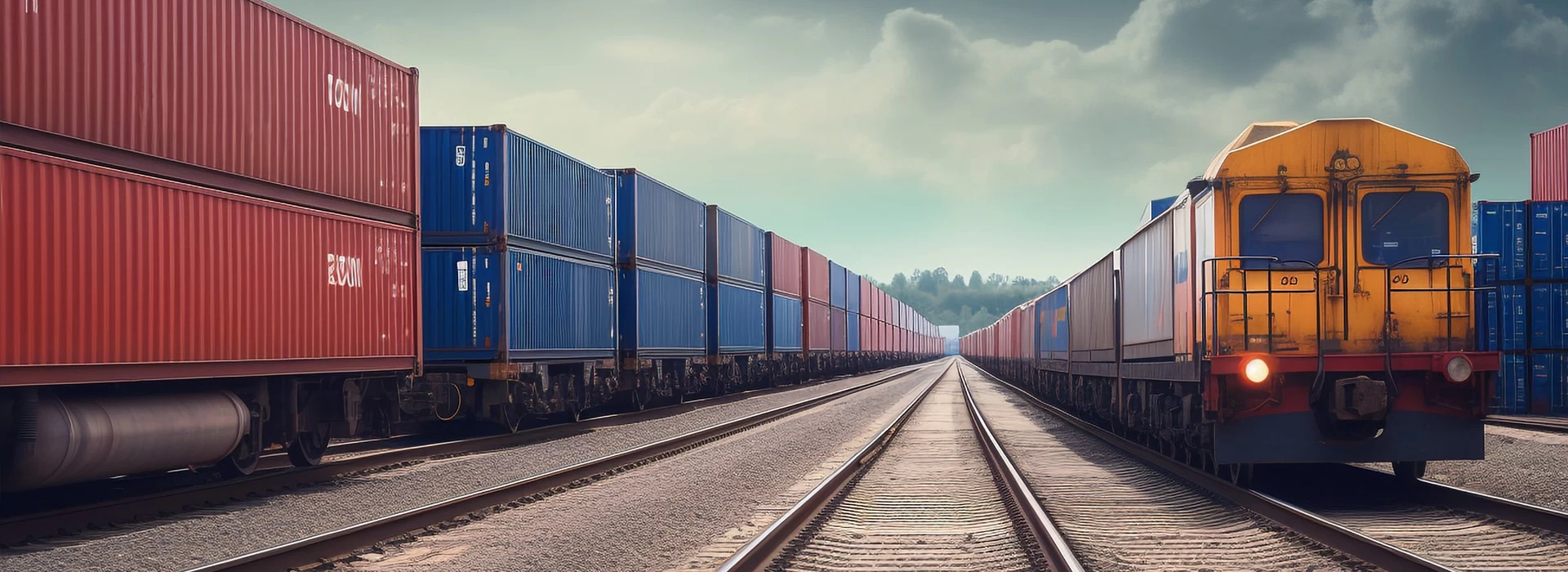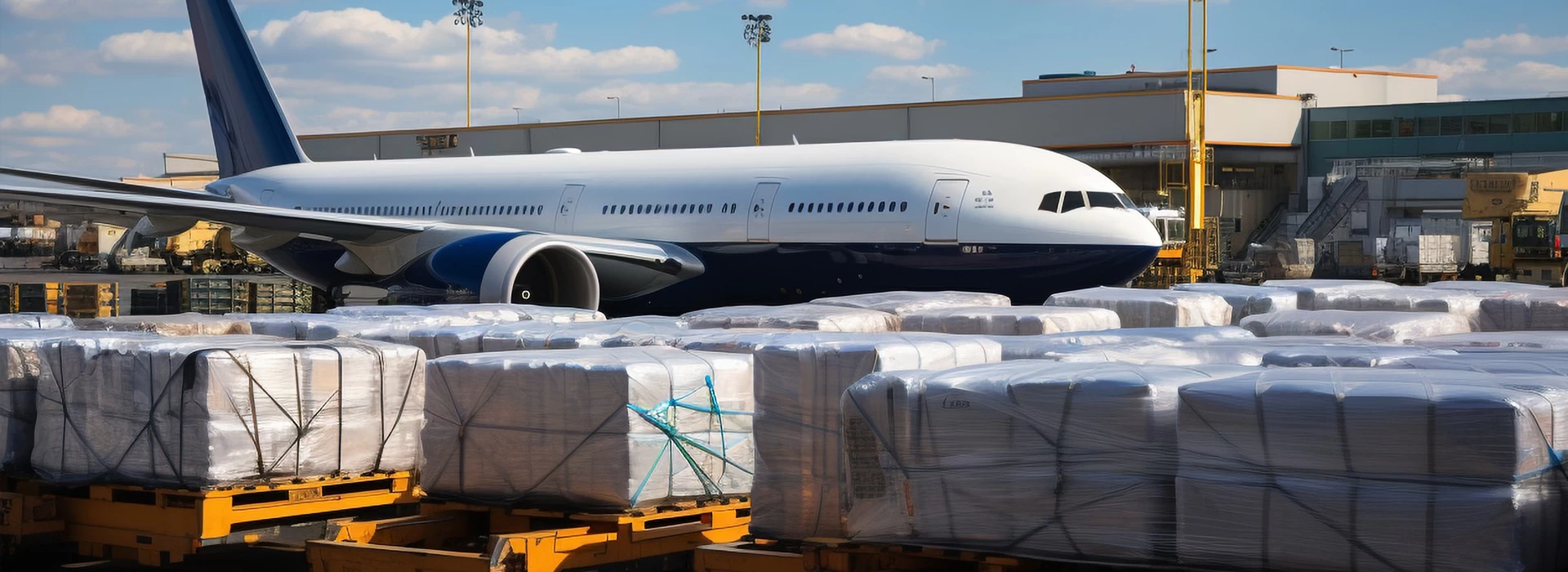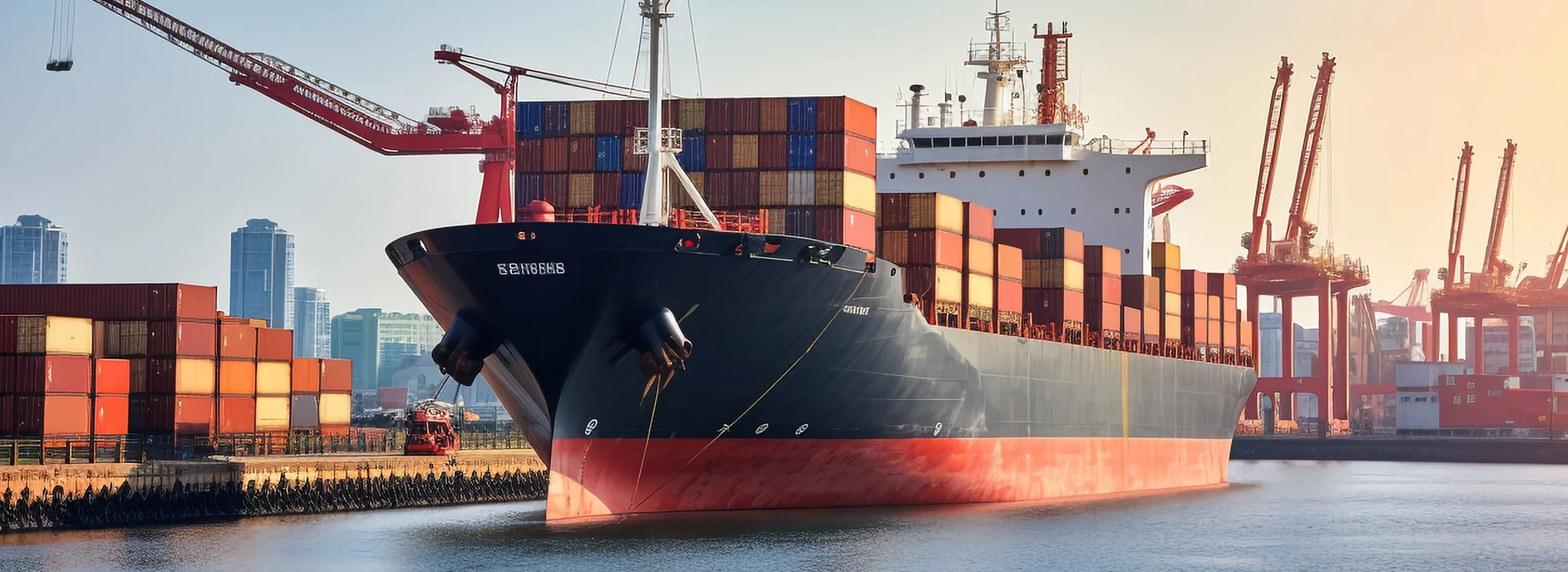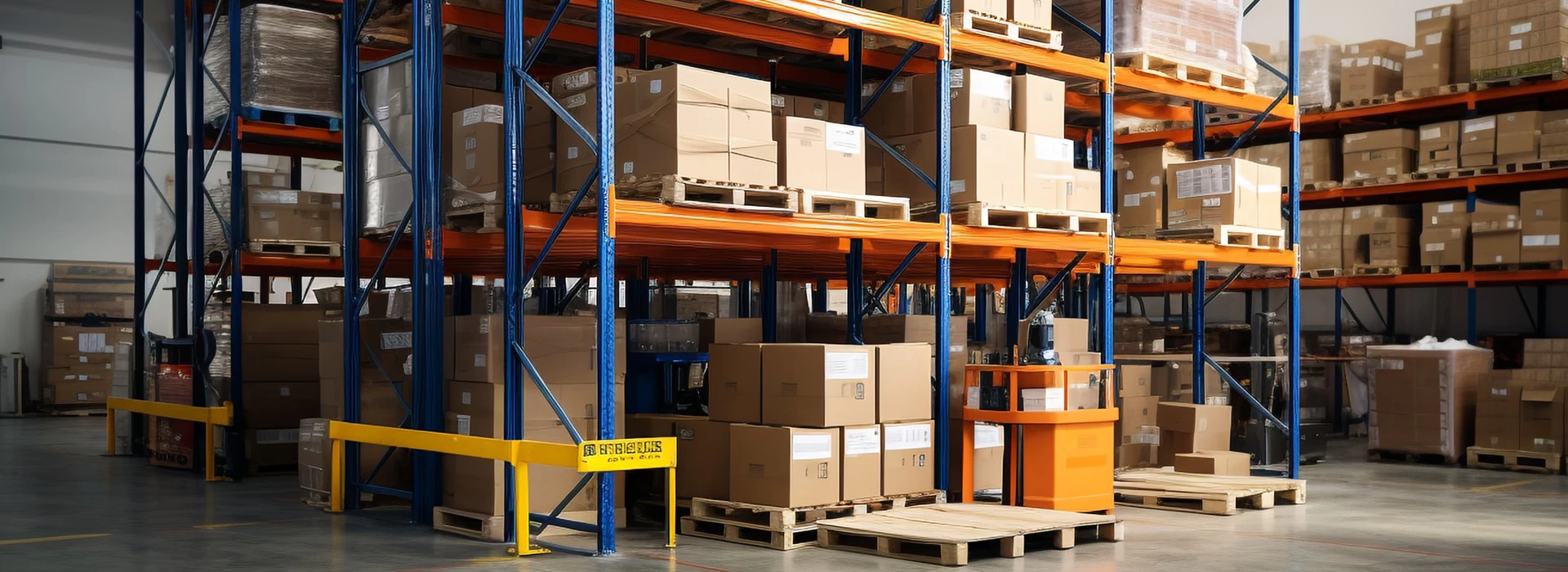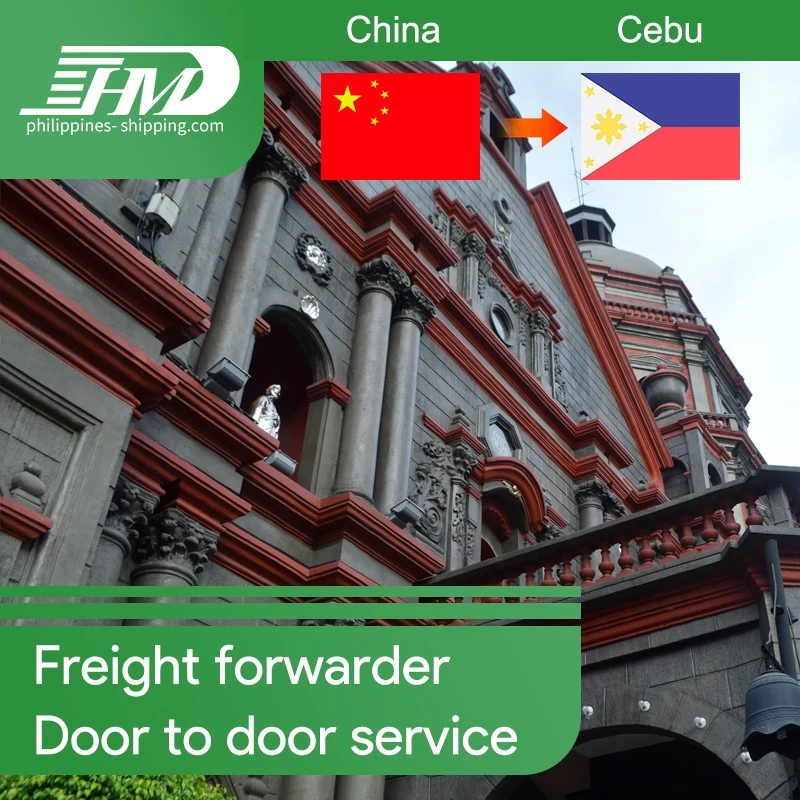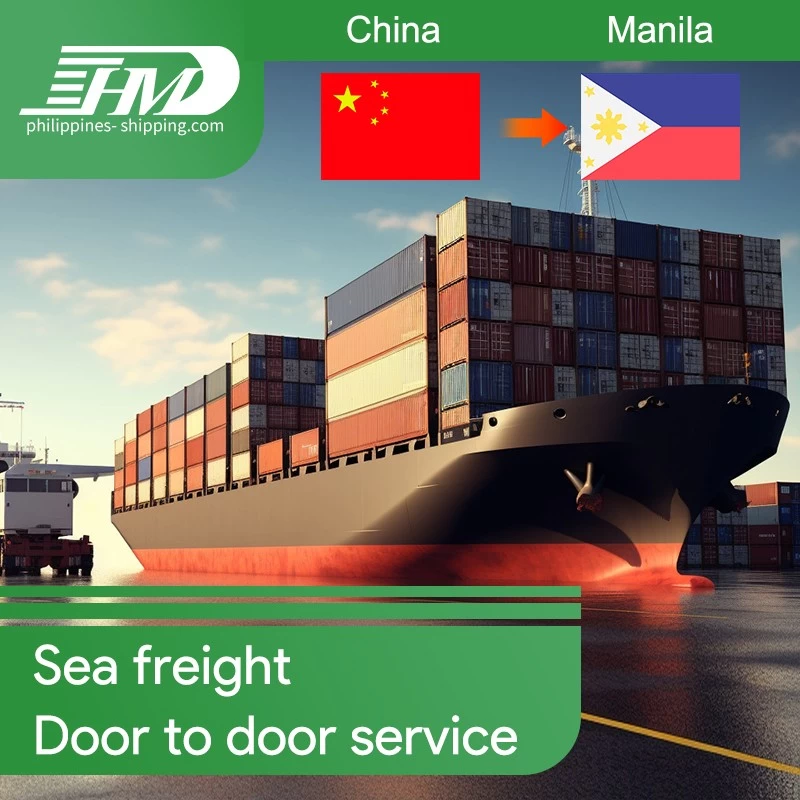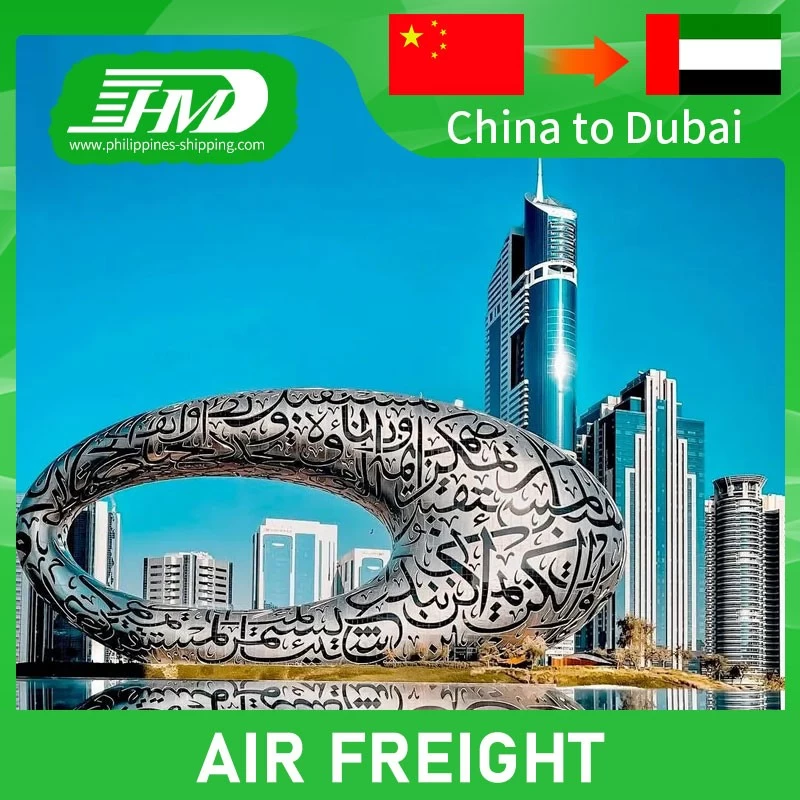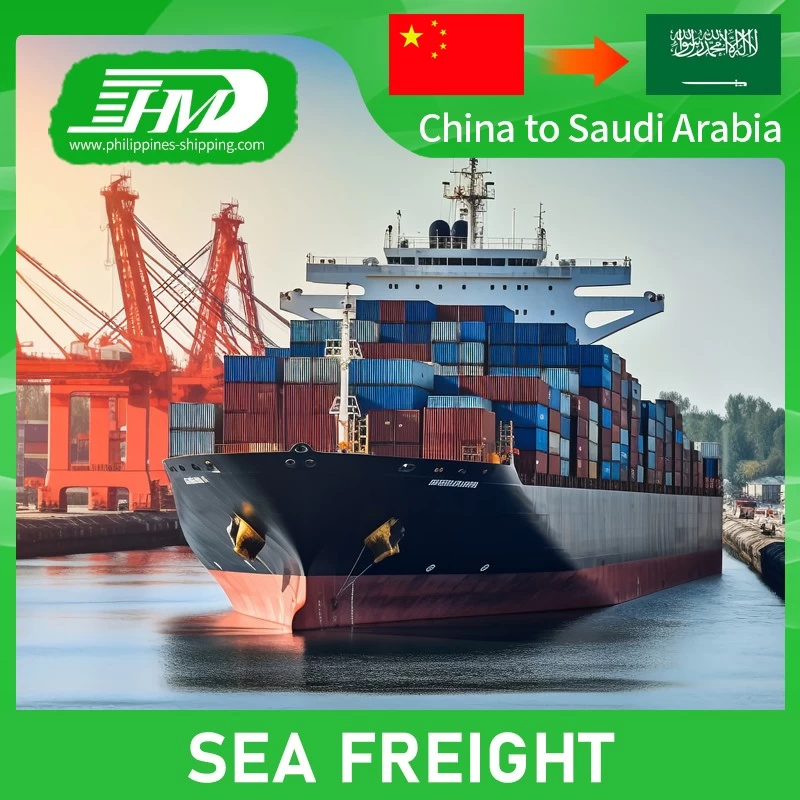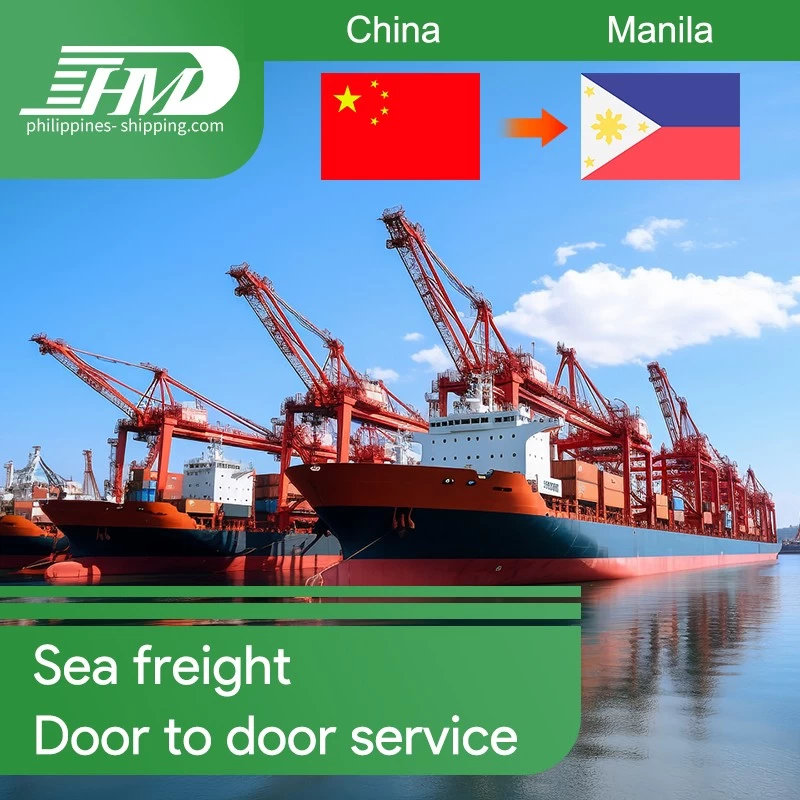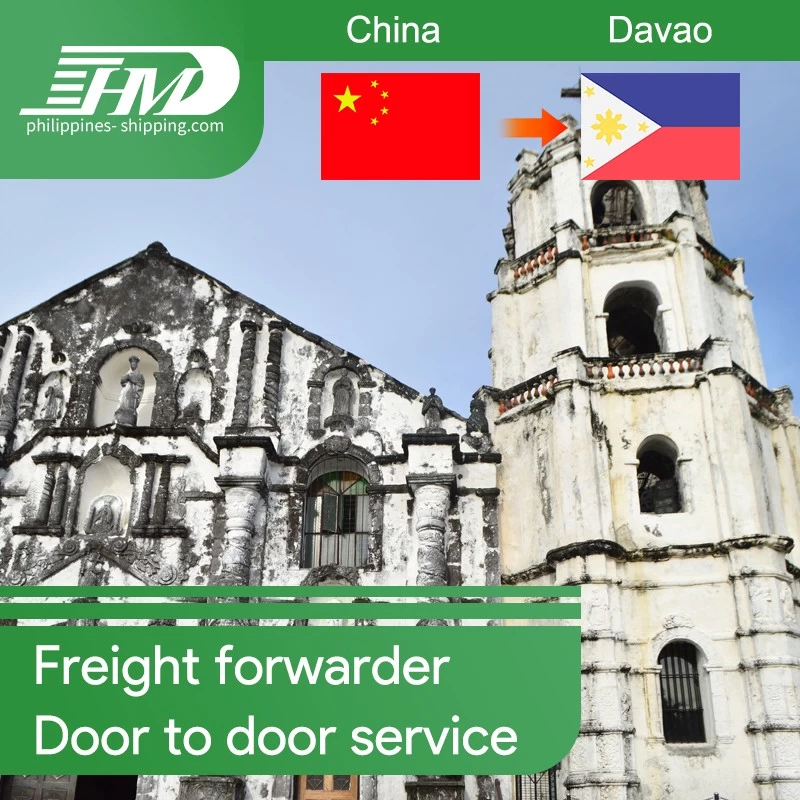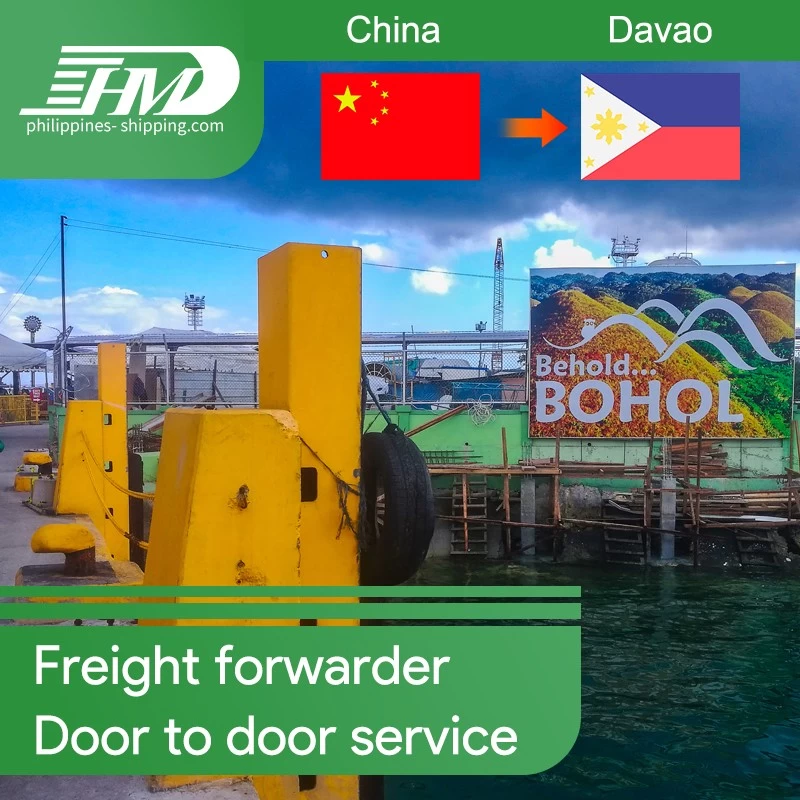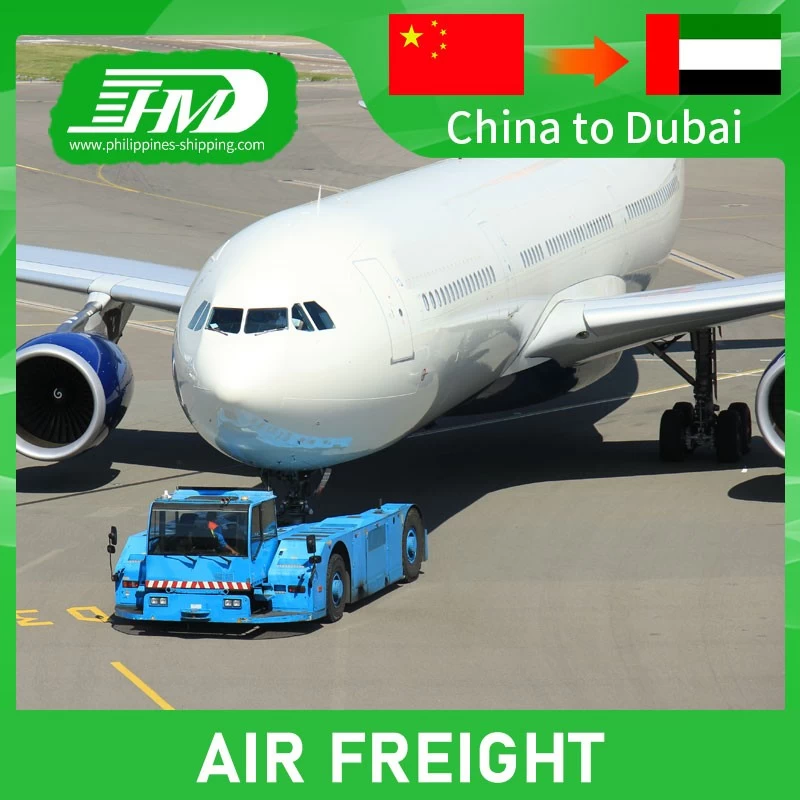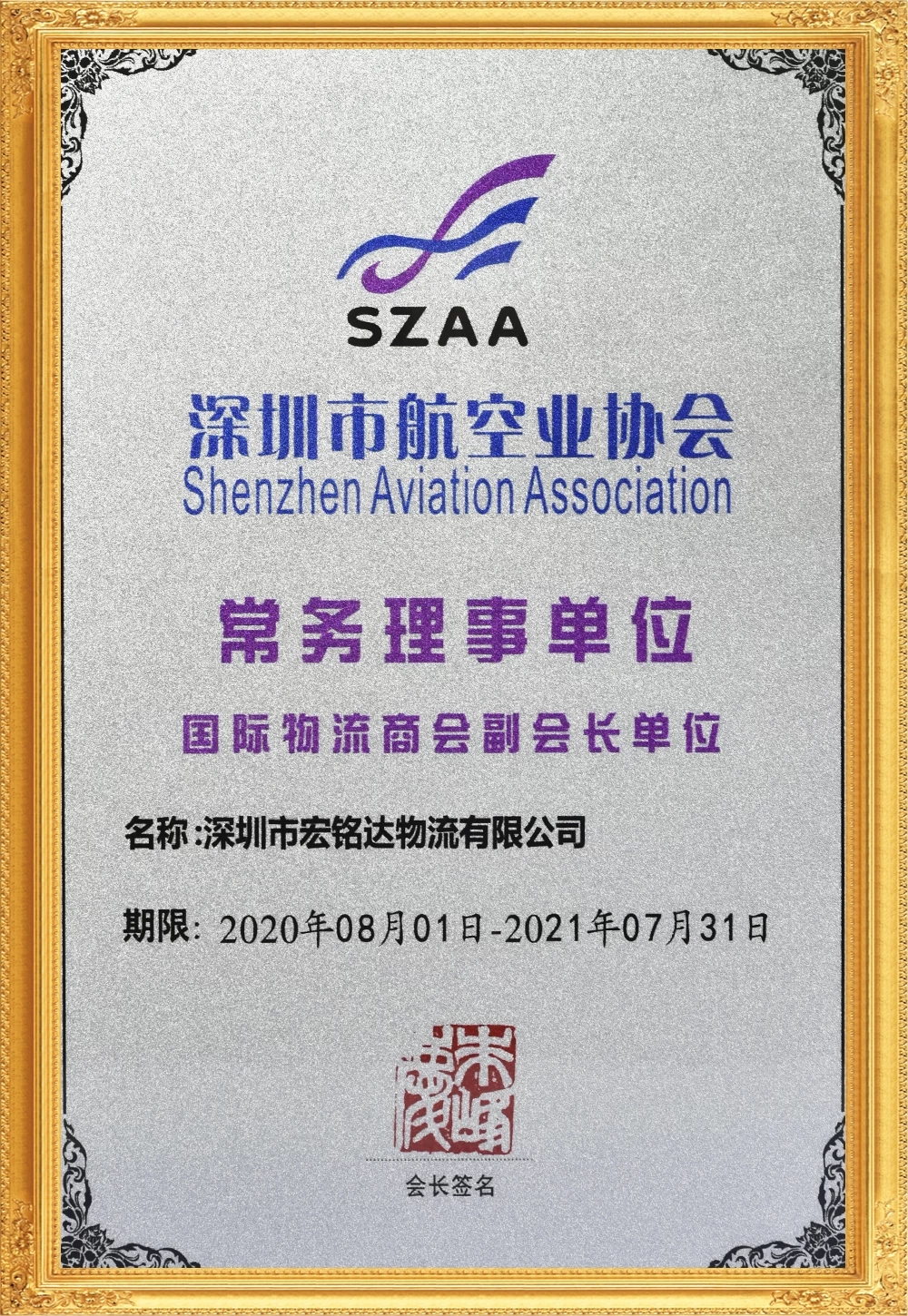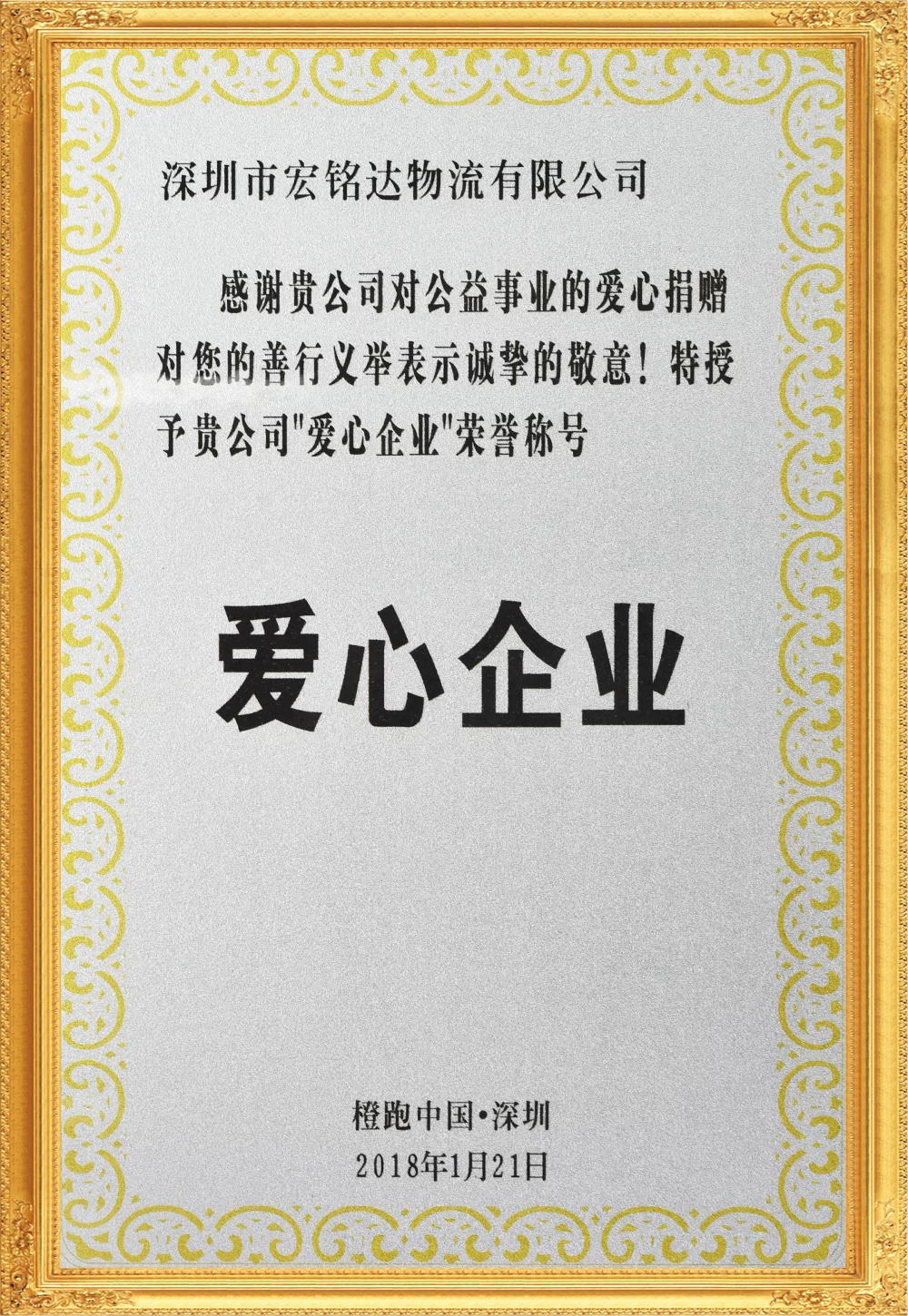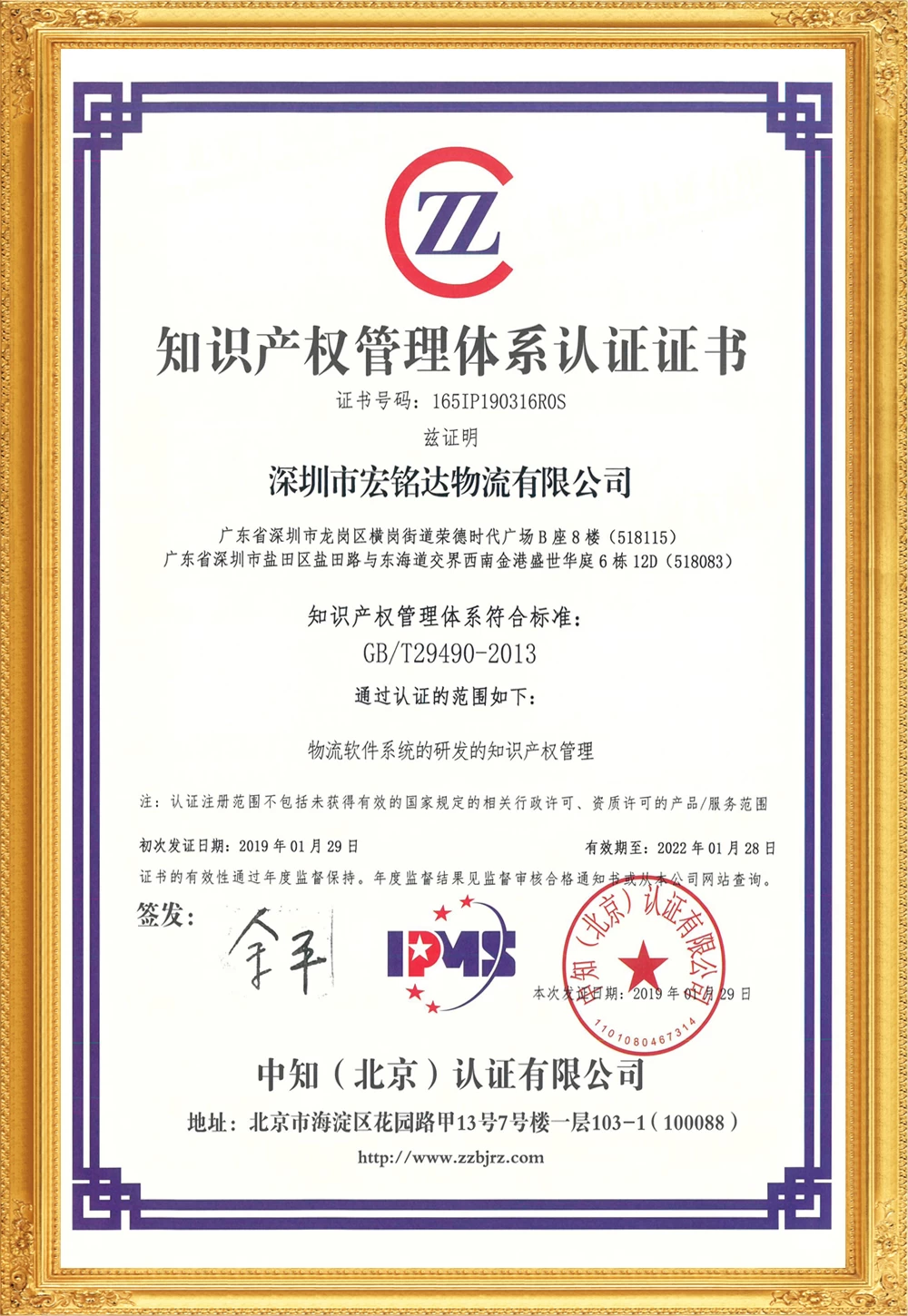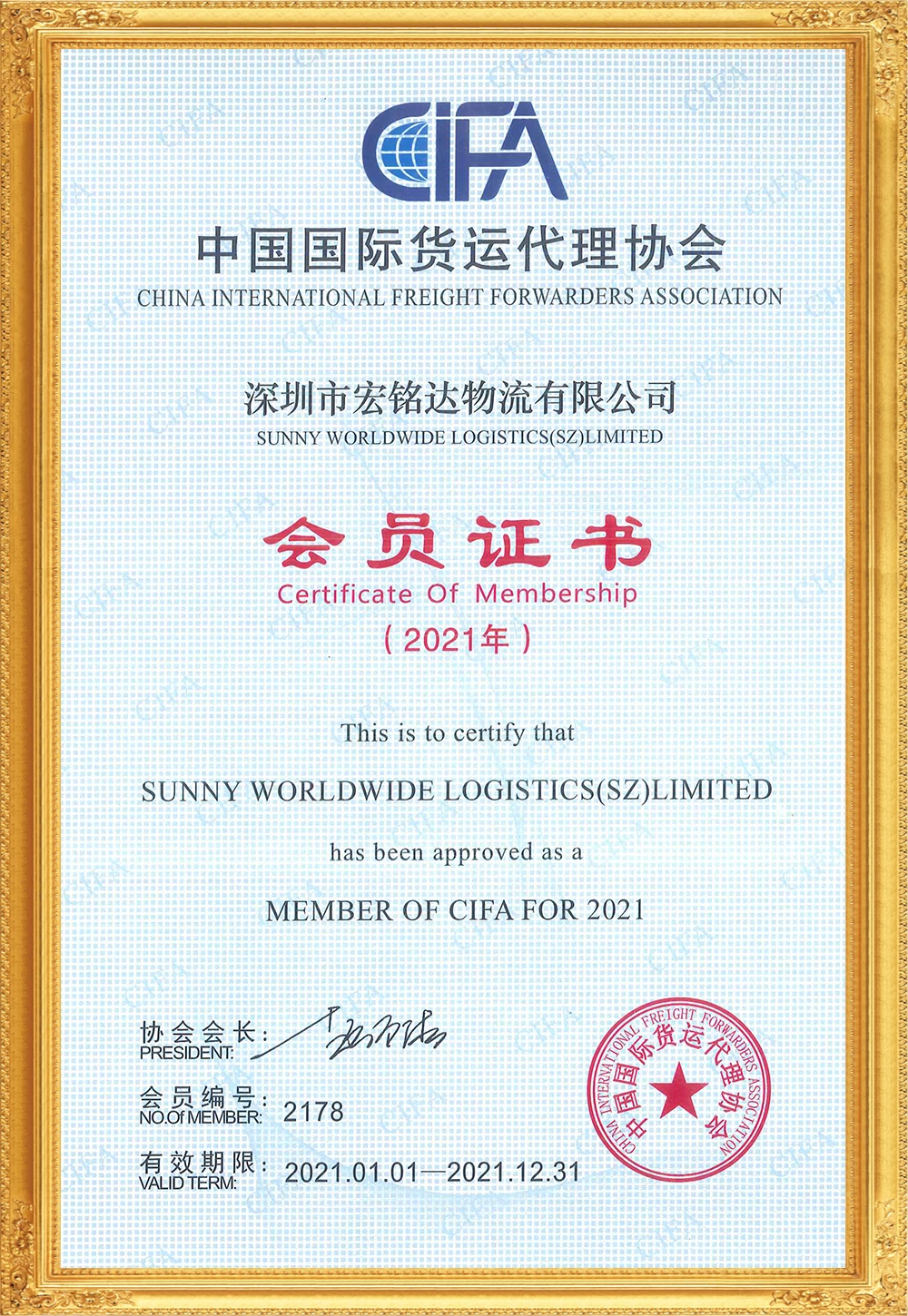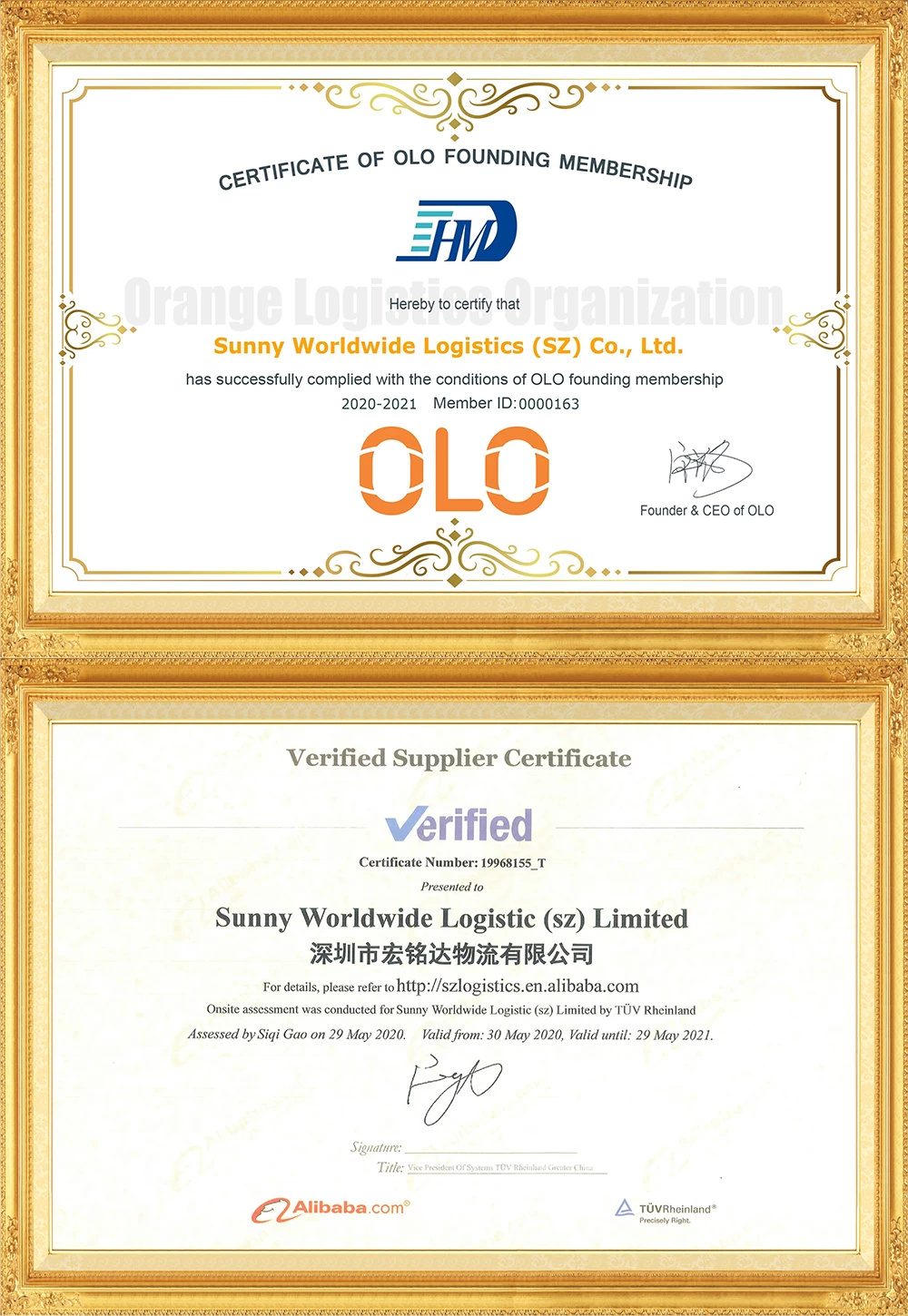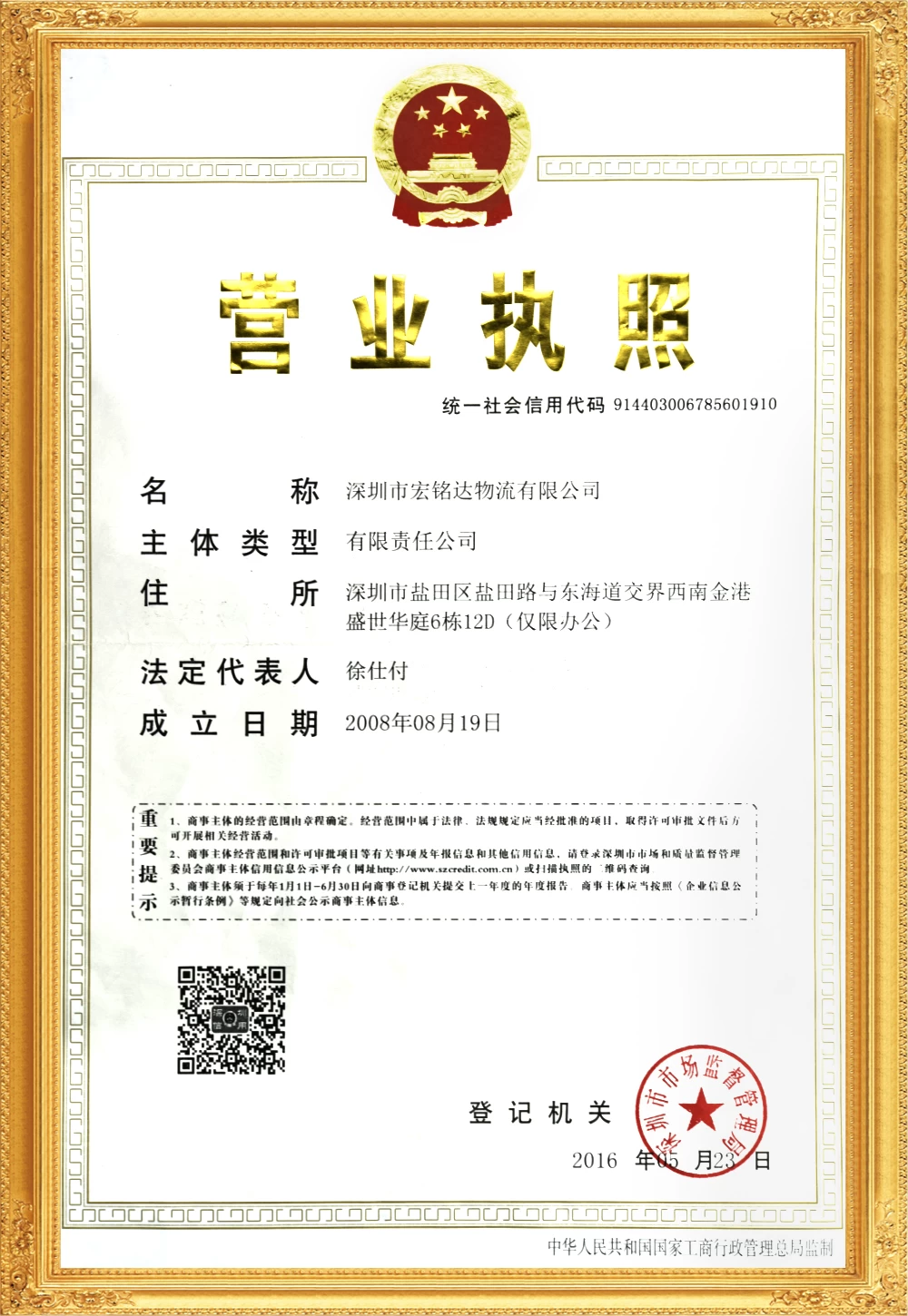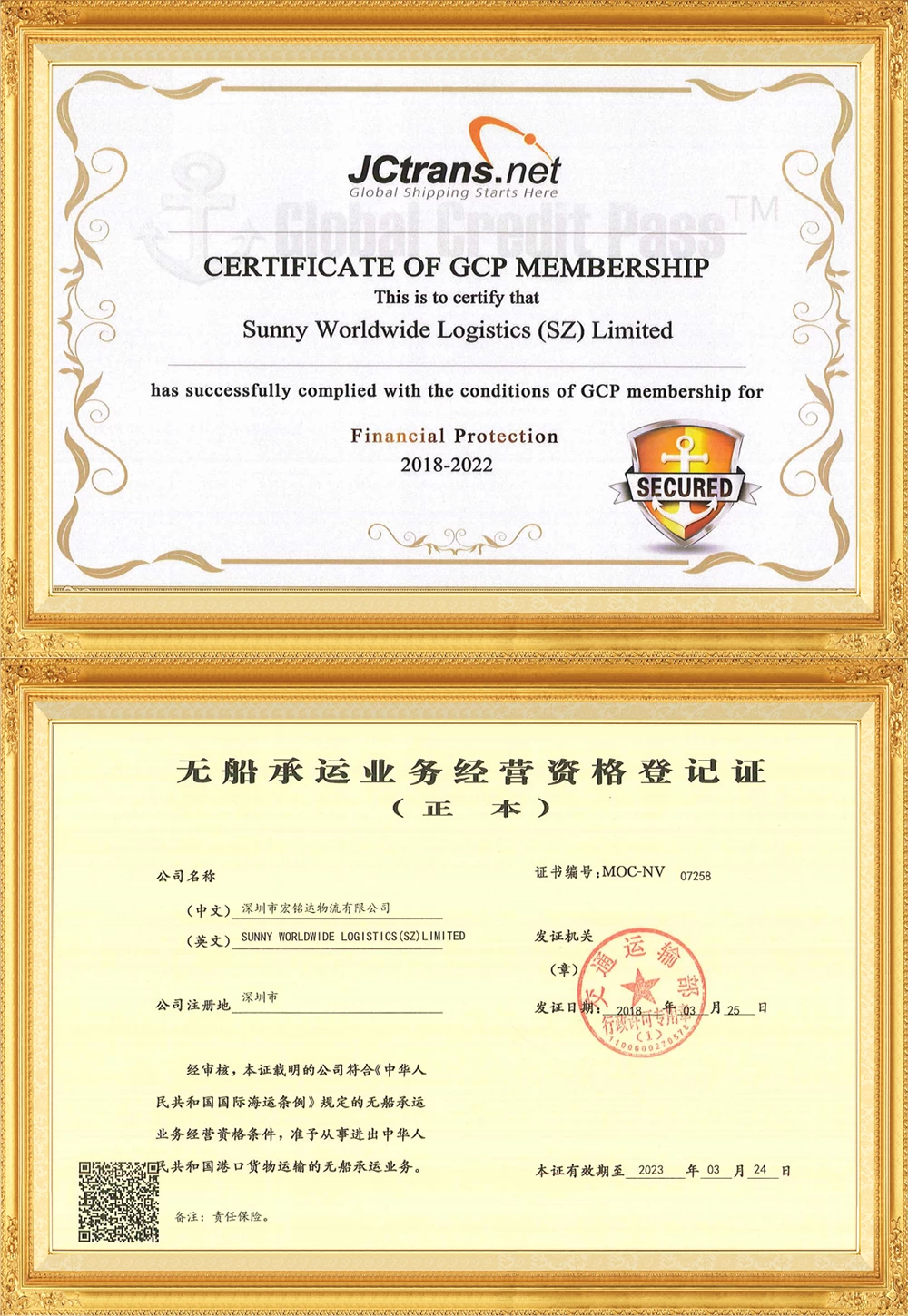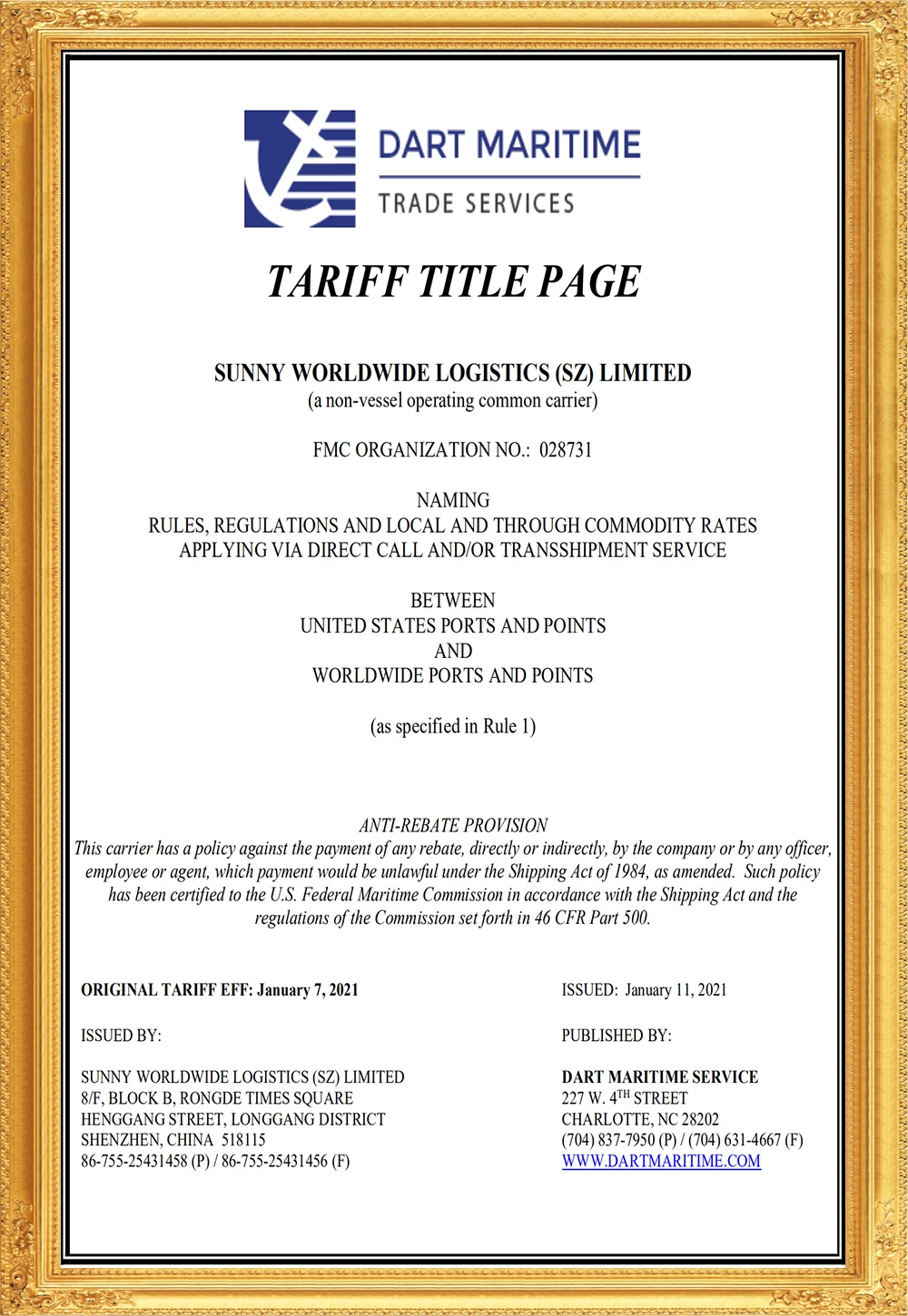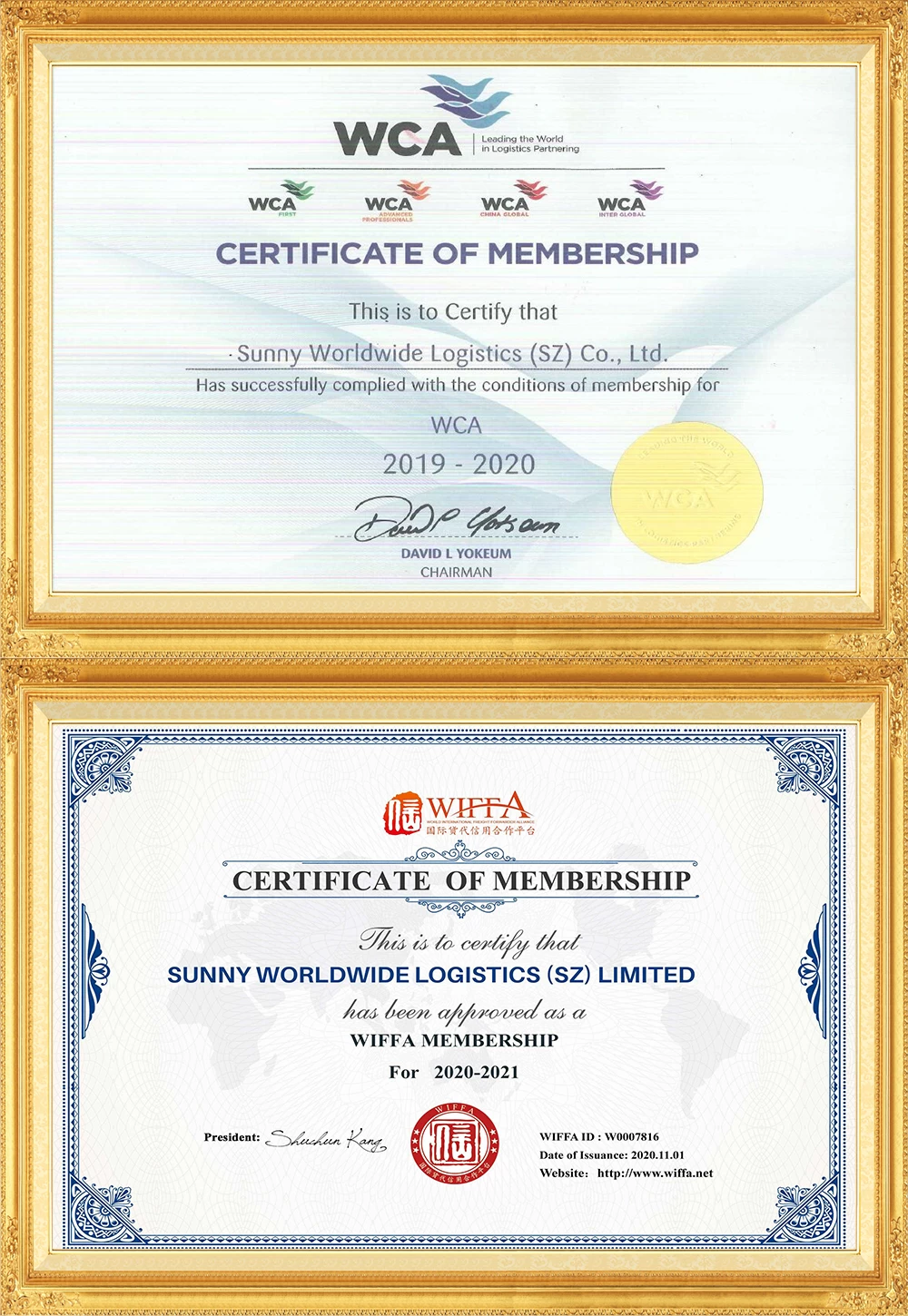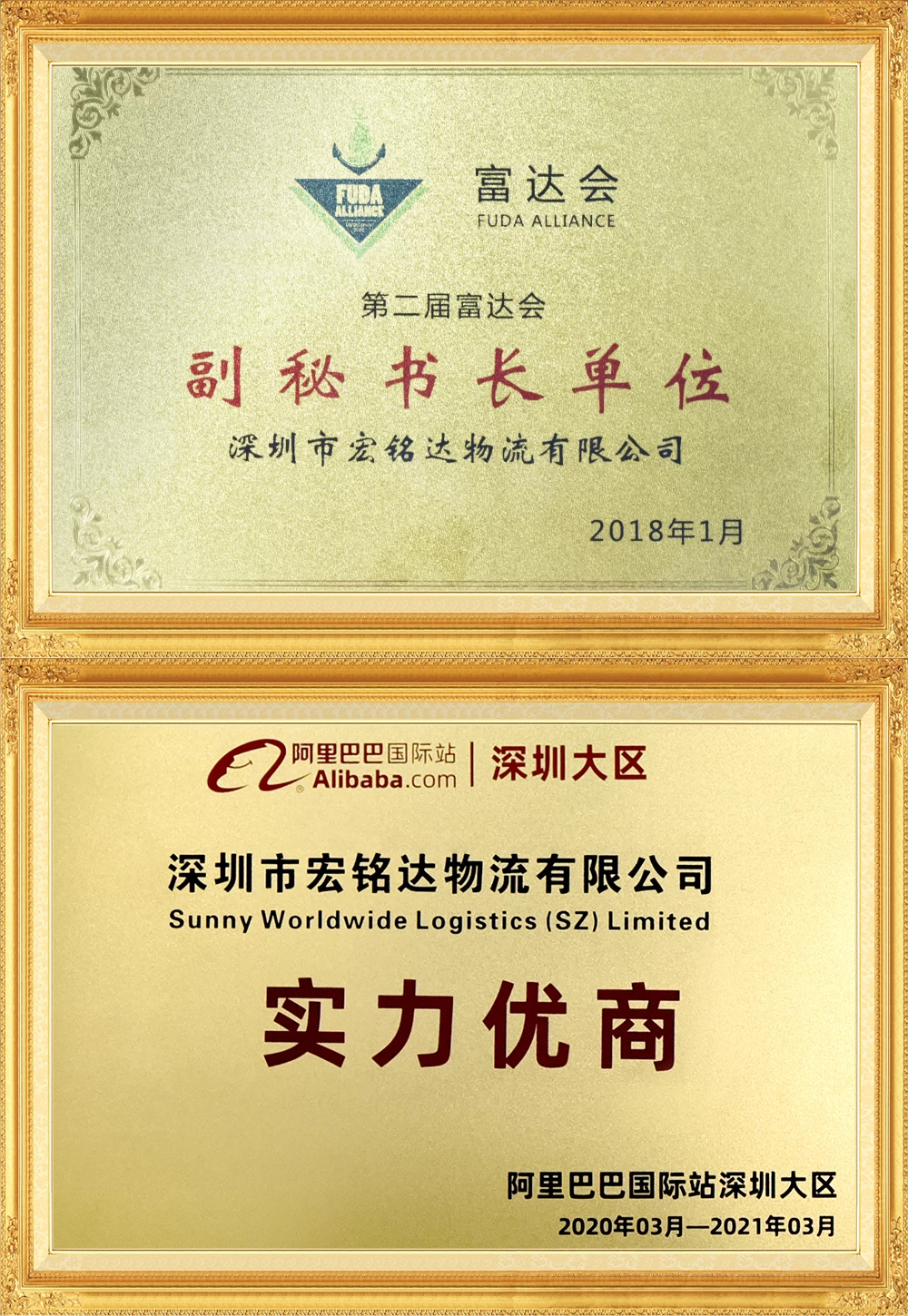Attention cross-border sellers! Malaysia will impose a 10% tax on low-priced goods
Attention cross-border sellers! Malaysia will impose a 10% tax on low-priced goods
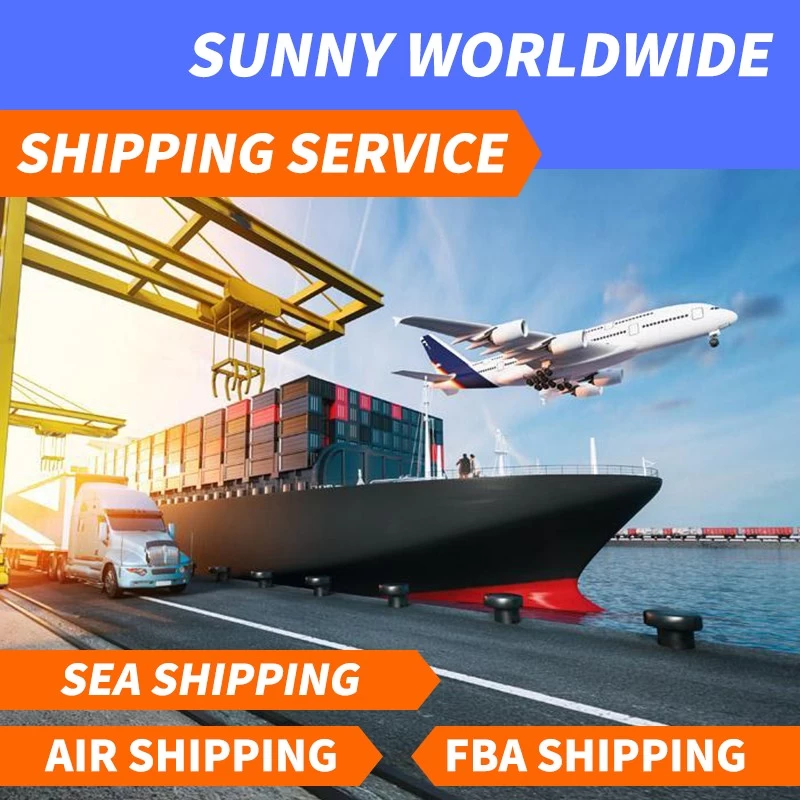
The Royal Malaysian Customs Department (JKDM) announced on Saturday that a 10% sales tax will be levied on low-value imported goods (LVG) sold online starting from January 1, 2024. All foreign merchants who sell low-value goods worth more than RM500,000 to Malaysia within a year must register with the Customs Department and pay tax.
The bureau mentioned in the frequently asked questions about the sales tax on low-priced goods released on November 6, 2023 that although the sales tax on low-priced goods took effect on January 1 this year, it will begin to be levied on January 1 next year.
The Customs Department defines low-priced goods as not exceeding RM500 and entering Malaysia by sea, land and air, but does not include cigarettes, tobacco products, spirits, e-cigarettes and preparations for smoking.
It is understood that if the annual sales of low-value goods entering Malaysia exceed RM500,000, merchants of such goods should register with the customs. Merchants will then be allocated tax periods every three months, and those who pay taxes late will face an additional tax penalty of 10% to 15%.
Additionally, taxes will be levied on the sales value of the goods sold, excluding any taxes, duties, fees or other charges such as transportation or insurance associated with the sale of the goods.
After the news was released, Shopee immediately issued relevant instructions as requested. The Shopee platform stated that for imported goods priced below RM500, the platform system will automatically add a 10% low-price commodity tax at the front desk based on the discounted price of the goods, and the tax will be added when the consumer places an order and pays. General ledger settlement does not require cross-border sellers to adjust product prices, which means that taxes on low-priced products are borne by consumers when they pay.
In addition, goods in overseas warehouses do not need to pay low-price commodity tax because these goods have been imported to the Malaysian site before the order is confirmed on the Shopee platform. The import and customs clearance process of the goods will be handled by the seller and the third-party warehouse.
For sellers, the new tax policy may reduce the price competitiveness of imported products. However, sellers can choose suppliers or product origins with price advantages to achieve cooperation and reduce costs, thereby improving competitiveness.
In general, what sellers need to always maintain is the guarantee of product quality, which is the core competitiveness to win the trust and recognition of consumers.
Summy Worldwide Logistics:Customized combination logistics services for railway shipping, sea shipping, and air shipping, reducing your freight costs or time. It is difficult to find such services.


